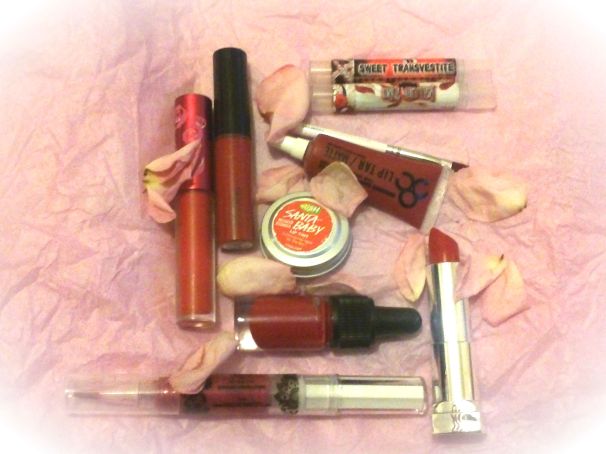Yes, I know, this is ground that has been covered before. So why am I writing about it? Why now?
Simple. My Best Beloved sent me a link to an article from Americans Against the Tea Party about how a conservative Christian has rewritten Harry Potter so her children won’t turn into witches. And it made me angry. Spitting tacks angry.
This fear of witchcraft is something I have personal experience of. When I was 11, my parents got involved in my education. More involved than I wanted. But of course I was 11, what could I do?
It was October, in my English class. Season of a bunch of scary masks and stuff in windows that I still had to walk past with my eyes shut because monsters and vampires frightened me. My teacher announced that the following week, we would be working on ‘witch’s spells’. A bit of fun for Halloween. I was excited- creative writing was my favourite. Then I told my parents about it, and they told me in no uncertain terms that I would not be doing that, it was evil. It wasn’t Godly. End result? A letter to my teacher, who gets me to write some other poem, and an 11 year old girl already isolated from her peers gets even more left out.
To my knowledge, none of my class transferred to Hogwarts in their second year. And if they had, I’m certain an English class project wouldn’t have been the reason for it.
(Don’t even get me started on what happened when my parents found out about the end-of-year project my RE teacher had us doing involving making up a religion. That’s another blog post in and of itself.)
Harry Potter isn’t going to turn your kids into witches. But there’s plenty of other things in those books that I can see a Tea Partier like Grace Ann would be afraid of, going on the way she’s written the story.
The books teach us that being afraid of people who are different is very wrong. That being prejudiced against people because of their family background is wrong. That good people give others opportunities to make a good life for themselves, no matter if others might see that person as damaged goods.
Going on ‘Grace Ann’s version of Harry Potter, women are expected to fulfil the traditional roles of wife and mother and must make sure they take time over their appearance. Any woman who doesn’t is ugly. In the actual books, we’re shown women in a variety of capacities. We’re introduced to women who have chosen not to marry, but to have a career, and are both successful and admirable (Professor McGonagall, Madame Maxime). Women who are more interested in the life of the mind than in being pretty- but who still know how to do that if they feel like it (Hermione). We’re also shown women who are flawed, who get angry, who make mistakes, who are only human (Molly Weasley, Fleur Delacour). And we’re shown women who are as capable of evil as any man- Dolores Umbridge, Bellatrix Lestrange. If Grace Ann’s children read the Harry Potter books, they might get the idea that women can be many things outside of a wife and mother. Even more dangerous, they might get the idea that men and women can be friends.
I know, I know, the idea of men and women being friends doesn’t seem that dangerous. But I know married couples at evangelical churches who have been told they must not be friends with the opposite sex, because it’s dangerous for the marriage. I’ve even spent an evening alone in someone’s lounge when staying with such a married couple, while the husband was upstairs and the wife was out, because they had adopted this opinion.
It seems that what Grace Ann wants to teach her children is that they should hate and be afraid of anyone who is different, who doesn’t conform to the narrow stereotype being peddled by Tea Partiers of what people should be. She wants them to believe that not being a Christian, and a very specific kind of Christian, will turn you into a “fornicating, drug-addicted Evolutionist”.
Heaven forbid that Grace Ann’s children would learn to treat everyone with love and acceptance, no matter who they are, or what they’ve done, or who they love, or what they believe. Heaven forbid that they would learn that women and men can choose who they want to be, what they want to do with their lives, that their role in life is not dictated by their gender. Heaven forbid that they learn that there are people who think differently from them and that that does not make those people evil. That people are all different and that’s OK.
Be afraid, Tea Partiers whose children are reading Harry Potter (and be afraid- because you can’t actually stop them reading it- the wonderful thing about libraries is the free access to children’s books for children with or without parental permission) They won’t learn magic. But they might learn to be kind, caring human beings who reach out in love to those who are different and believe in them, instead of shunning them.
I know, I know. Terrifying.

